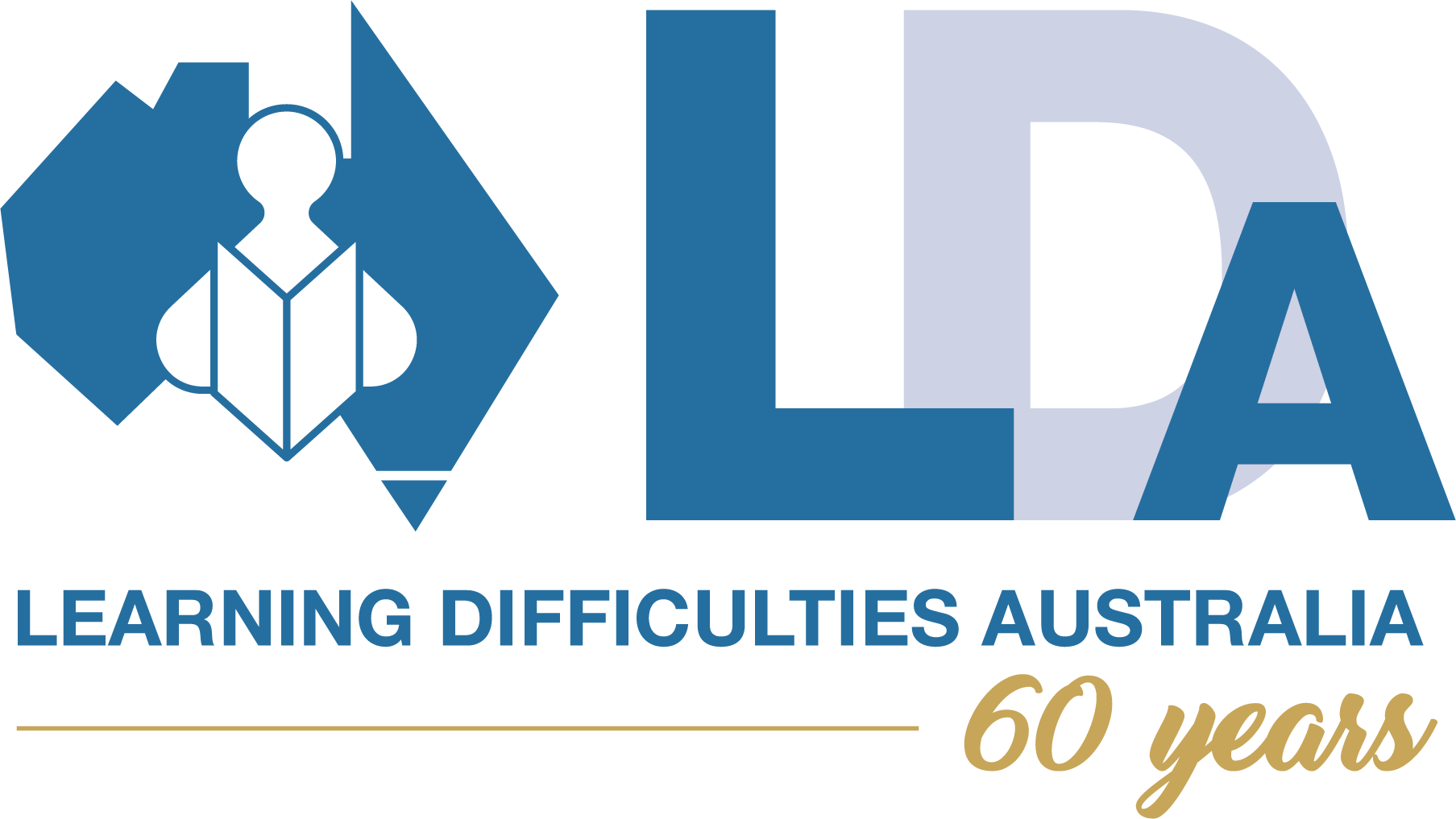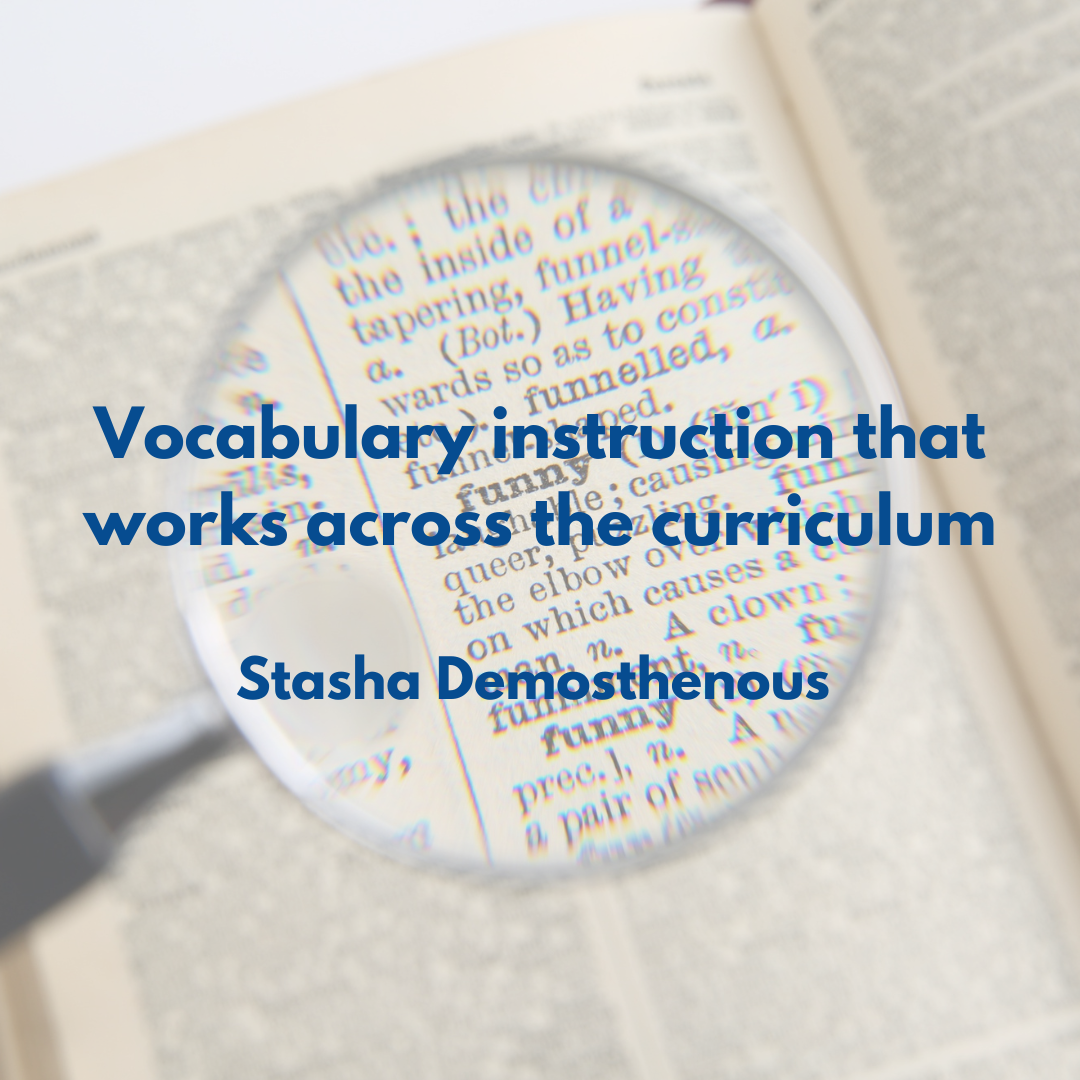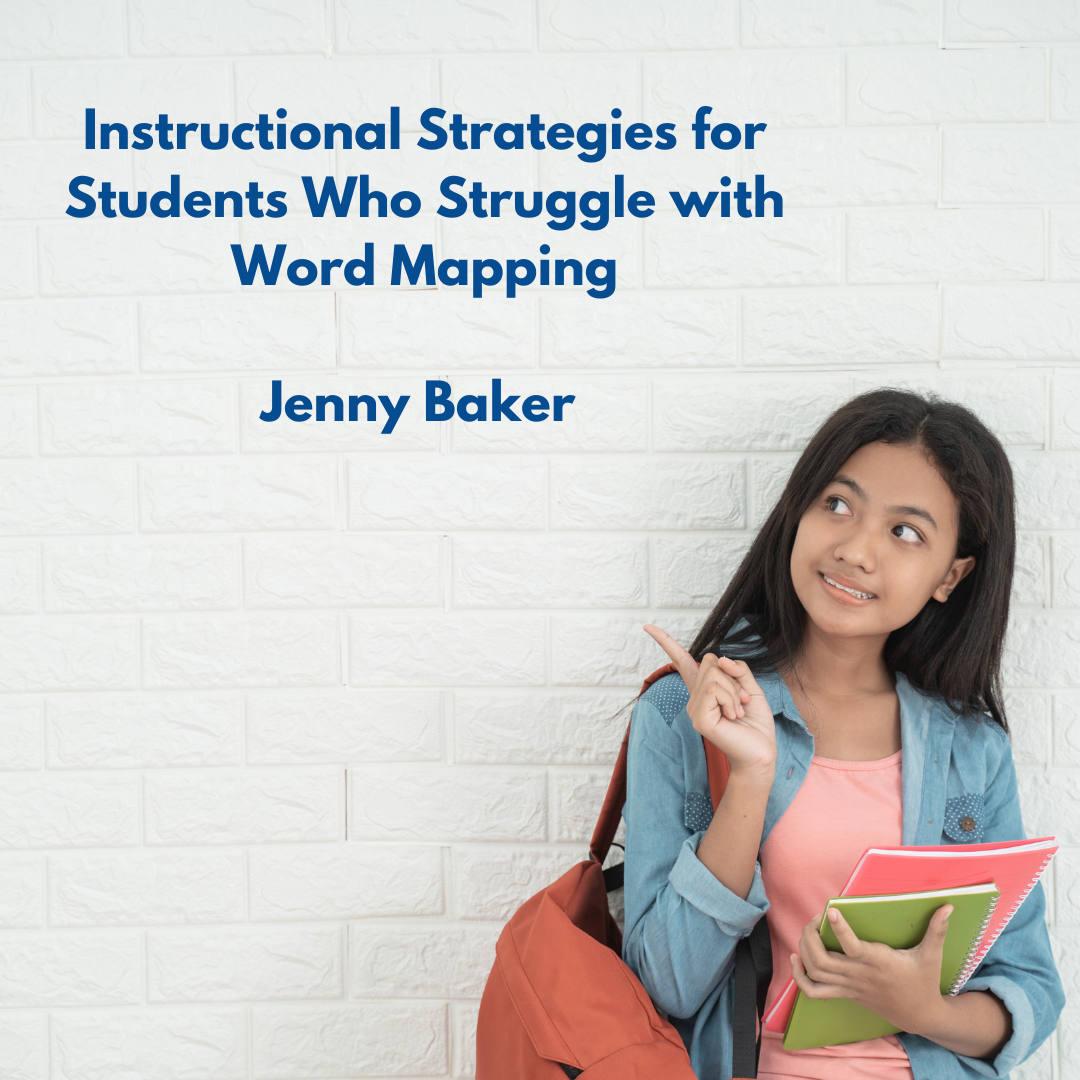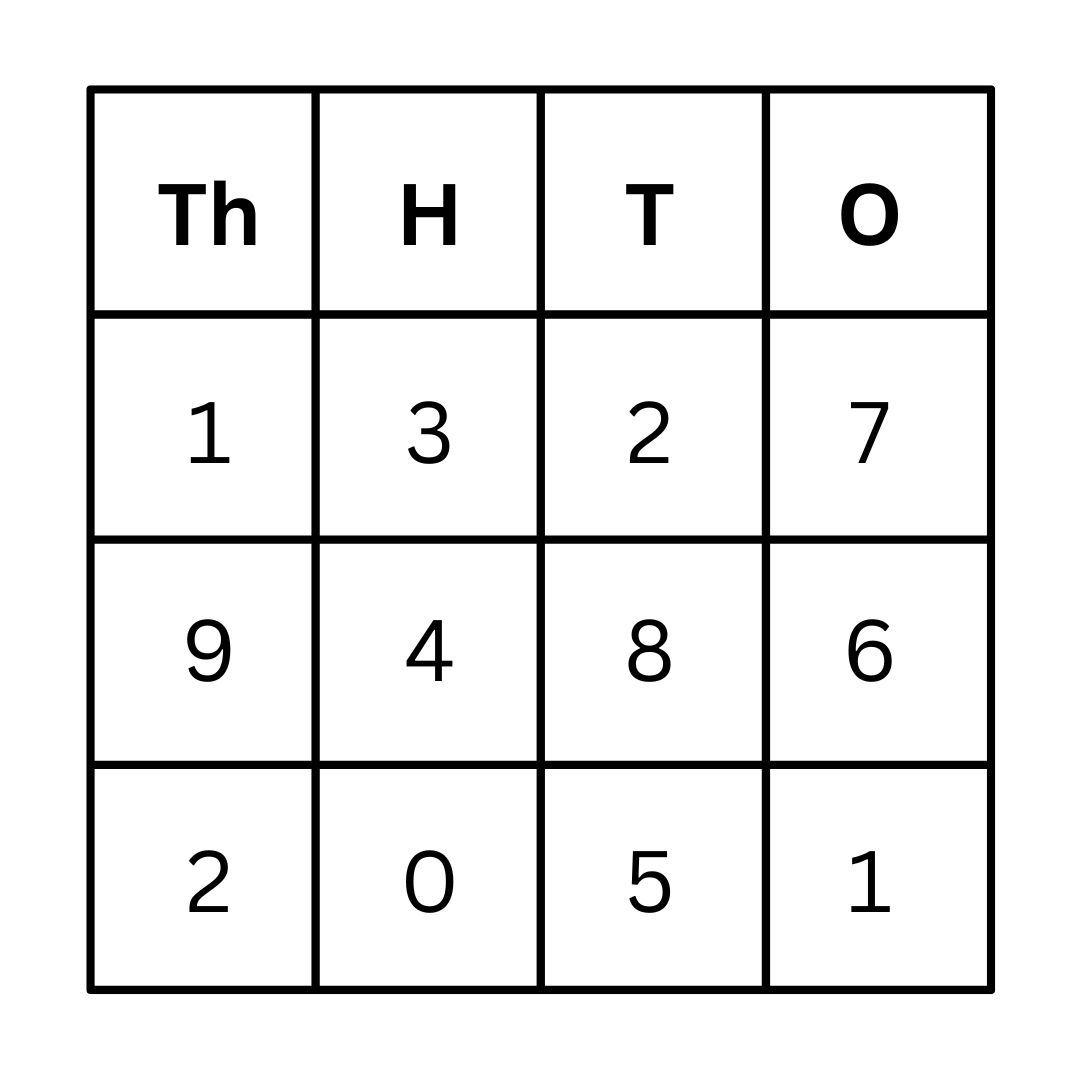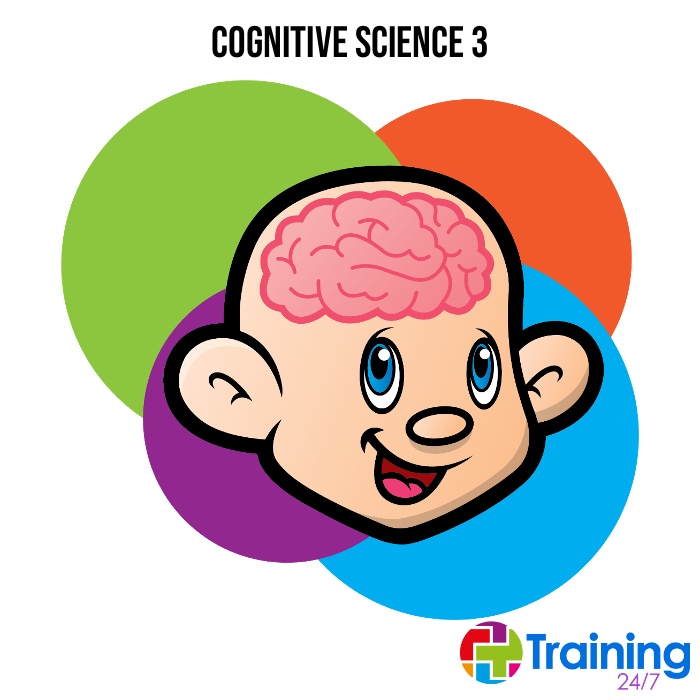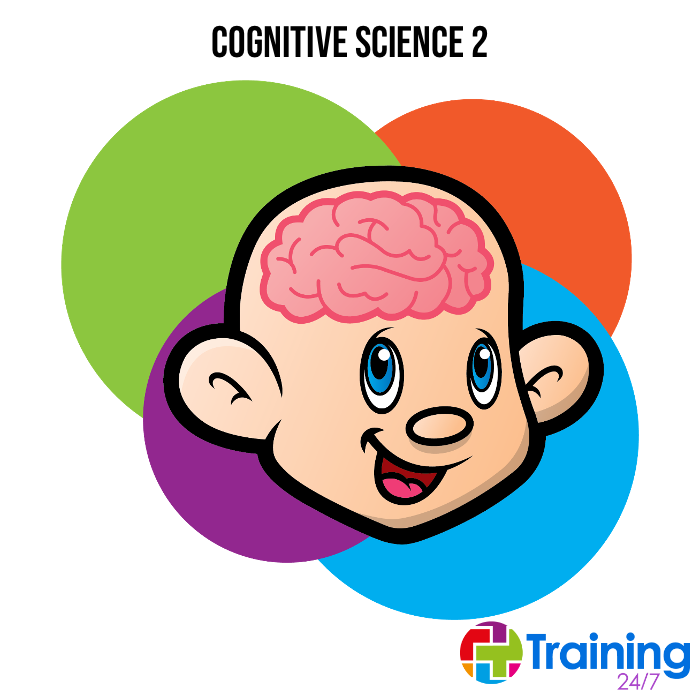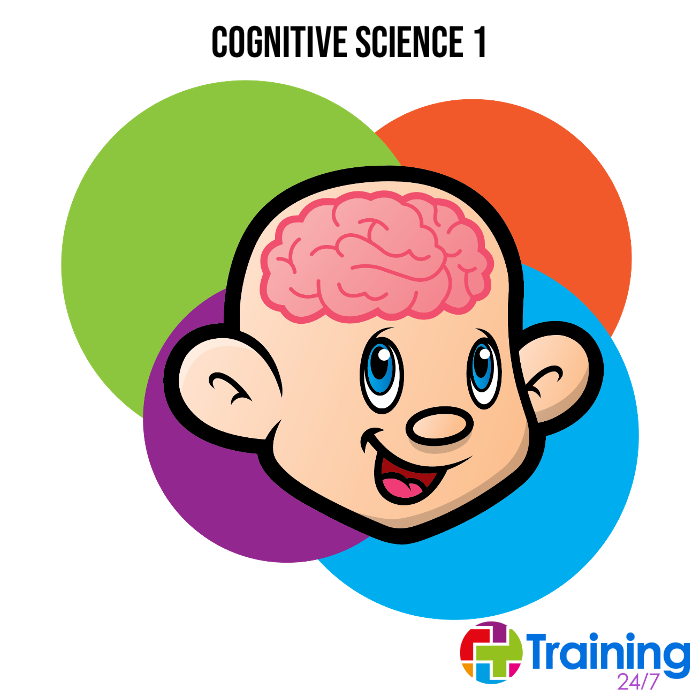Presenter: Stasha Demosthenous
This session, led by the Literacy Leader at Parafield Gardens High School, shares how a whole school...
Presenter: Stasha Demosthenous
This session, led by the Literacy Leader at Parafield Gardens High School, shares how a whole school approach to vocabulary instruction was implemented to strengthen students’ word knowledge and reading comprehension. It is relevant to both primary...
Presenter: Stasha Demosthenous
This session, led by the Literacy Leader at Parafield Gardens High School, shares how a whole school approach to vocabulary instruction was implemented to strengthen students’ word knowledge and reading comprehension. It is relevant to both primary and secondary educators and leaders interested in building language for learning. Grounded in the science of reading and language, the initiative was informed by Scarborough’s Reading Rope and focused on addressing how limited vocabulary can affect both learning to read and reading to learn. Staff across all year levels and learning areas were supported to explicitly teach word knowledge – including subject-specific morphology – using a consistent and measurable approach. The session will also showcase a range of practical, teacher-developed resources created to support this work.
1 CPD Point
